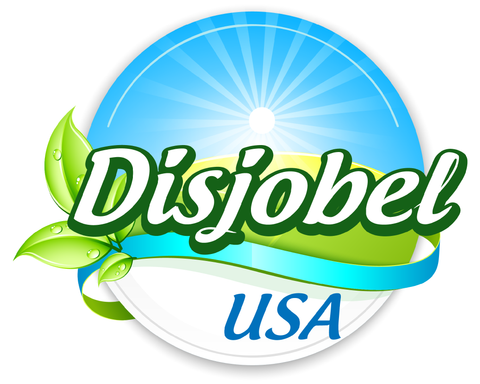In a world where climate change and sustainability dominate global discussions, the food industry is taking important steps to reduce its ecological footprint. This is where sustainable food comes into play. Want to learn more? Then, join us as we dive in this topic.
Sustainable Food: What Eco-Friendly Practices are Emerging?
The food industry in the United States and Canada is adopting sustainable practices to reduce its environmental impact (Ardón, 2024). The relationship of such practices to food chemistry is essential to both produce and process food in ways that minimize its environmental impact and promote human health. Key initiatives for such foods include:
- Regenerative agriculture: this consists of not disturbing the soil, keeping it covered, and planting a wide diversity of crops. In this context, reintroducing grazing animals improves soil health and biodiversity.
- Waste reduction: companies are investing in recyclable packaging. For instance, the Canadian government is already supporting the transition to sustainable packaging.
- Precision farming: advanced technologies ensure that crops and soil get exactly what they need to stay healthy and productive.
- Research and support: programs such as the Sustainable Canadian Agricultural Partnership (CAP) enhance competitiveness and reduce emissions.
These practices improve sustainability and food safety. They also respond to the growing consumer demand for more environmentally responsible products.
What does the future hold?
In the quest for a greener and more responsible future, sustainable food is gaining prominence. Find out about the most relevant trends.
Conditions for Sustainable Food
To qualify as sustainable, food must meet several key conditions (Collins, 2023):
- Farmers must grow and harvest crops without degrading the environment.
- Animal products must ensure the welfare of animals throughout their lives. To this end, it is crucial to adopt humane and cruelty-free practices.
- It must minimize water usage, reduce greenhouse gas emissions, and limit the use of pesticides.
Adapting to Industrial Food Processes
The FSMA places a strong emphasis on preventing contamination throughout the food supply chain. Adapting these foods to industrial procedures involves several approaches (The Food Tech, 2024):
- Promote the sustainable production of organic grains, local fruits, and vegetables, and ethically raised animal products in commodity trading.
- Collaborate with local and regional suppliers to both reduce food transport's carbon footprint and support local economies.
- Increase non-GMO food
- Use advanced technologies to improve production efficiency. For example, vertical farming and hydroponics, which allow farmers to grow food with fewer resources.
- Use packaging made from organic materials, such as corn starch and cellulose.
- Implement the circular economy model in food packaging, as it promotes the constant reuse and recycling of materials.
Environmentally Friendly Impact of Sustainable Food
These foods have a significant effect on the environment due to several reasons:
- They emit fewer greenhouse gases compared to conventional agricultural practices.
- These foods promote the conservation of natural resources and biodiversity.
- They reduce the use of synthetic pesticides and fertilizers, thus reducing soil and water contamination. This leads to less cross-contamination.
Choose Food that is more sustainable
In conclusion, choosing sustainable food is both a responsibility and an opportunity that benefits everyone. By opting for them, you support responsible agricultural practices and contribute to a fairer and greener food system.
Visit Disjobel to explore our sustainable products. Do your part for the planet and choose products that make a difference!
Bibliographic references
Ardon, F. (2024, January 30th). Bridging the divide between food companies’ wants and farmers’ needs. Agriculture Dive. https://www.agriculturedive.com/news/oped-food-beverage-farm-suppliers-sustainable-agriculture/705894/
Collins, G. (2023, June 30th). Top 10 sustainable food trends in 2023. Food & Drink. https://fooddigital.com/features/top-10-sustainable-food-trends-in-2023
The Food Tech. (2024, February 9th). Sostenibilidad en la industria alimentaria: agricultura vertical y envasado sostenible como herramientas. The Food Tech. https://thefoodtech.com/seguridad-alimentaria/sostenibilidad-en-la-industria-alimentaria-agricultura-vertical-y-envasado-sostenible-como-herramientas/



